Optimal Timing for Sewer Line Root Removal
Sewer line root removals are essential for maintaining proper drainage and preventing costly repairs caused by root intrusion. Timing these services correctly can enhance their effectiveness and prolong the lifespan of sewer lines. The optimal time for root removal varies based on climate, soil conditions, and sewer usage patterns.
Early spring is ideal for root removal before heavy usage and root growth accelerate during warmer months.
Performing root removal during late summer or early fall helps prevent root invasion during the dormant season.
After heavy rains or storms, roots can be displaced or enter damaged sewer lines, making it a good time for maintenance.
Scheduling inspections and root removal periodically ensures early detection and intervention.
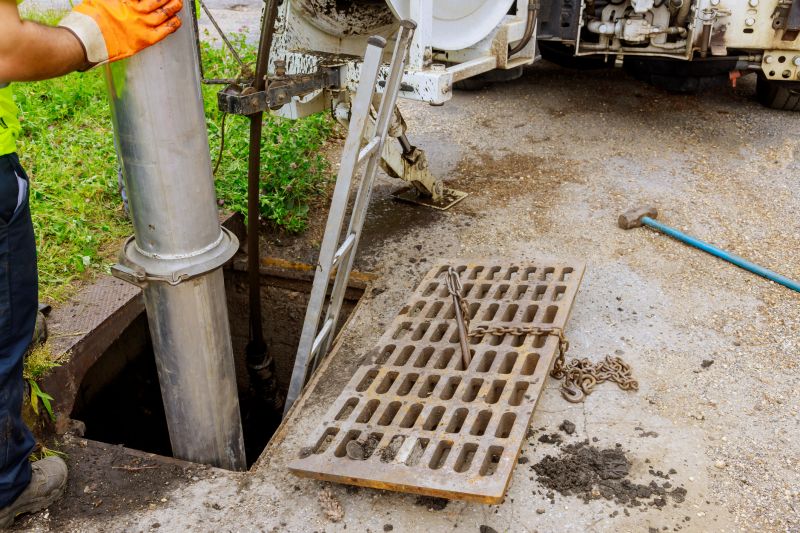
Ways to make Sewer Line Root Removals work in tight or awkward layouts.
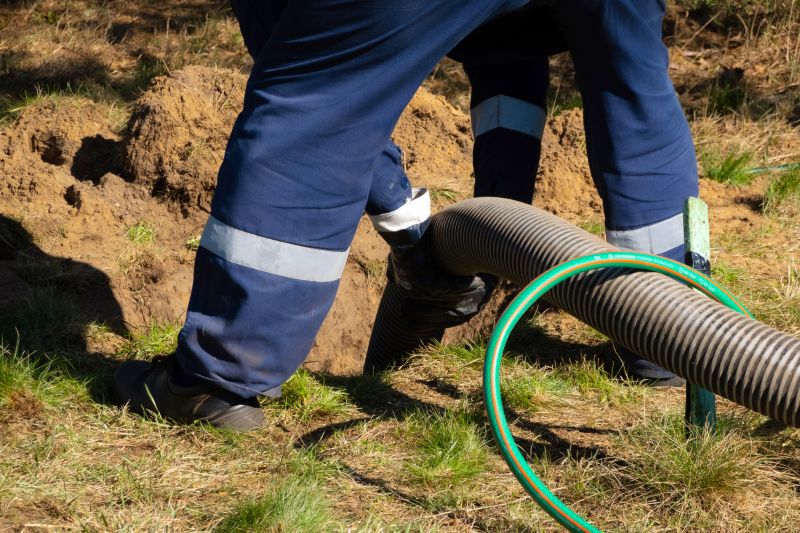
Popular materials for Sewer Line Root Removals and why they hold up over time.
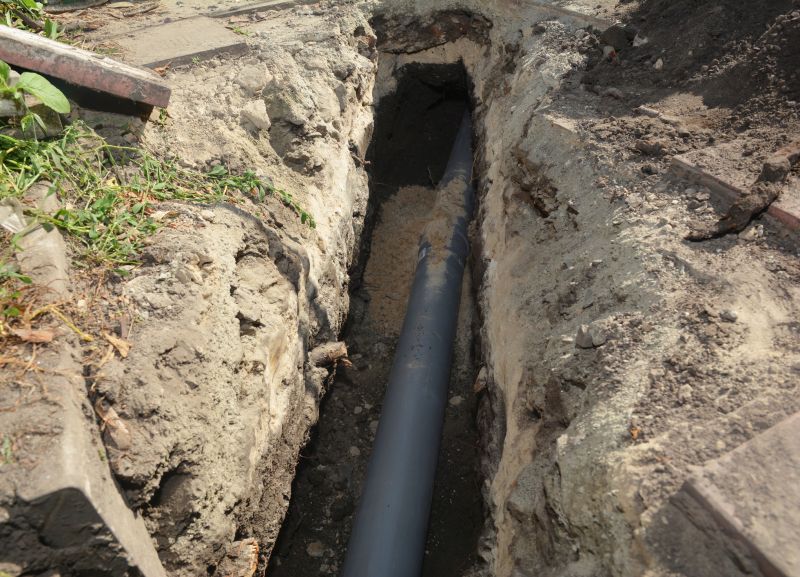
Simple add-ons that improve Sewer Line Root Removals without blowing the budget.
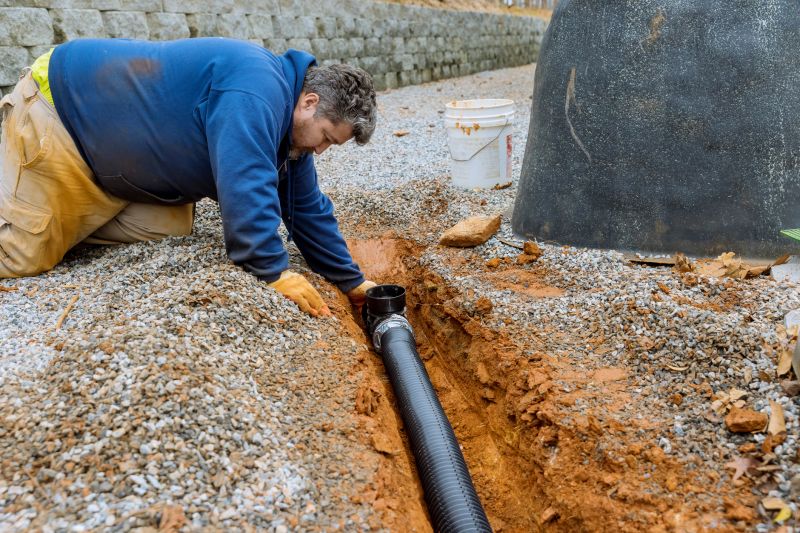
High-end options that actually feel worth it for Sewer Line Root Removals.
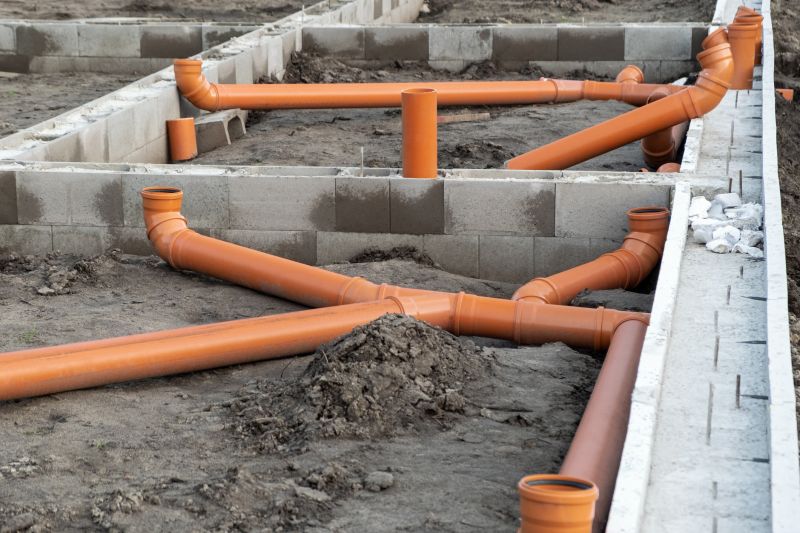
Finishes and colors that play nicely with Sewer Line Root Removals.
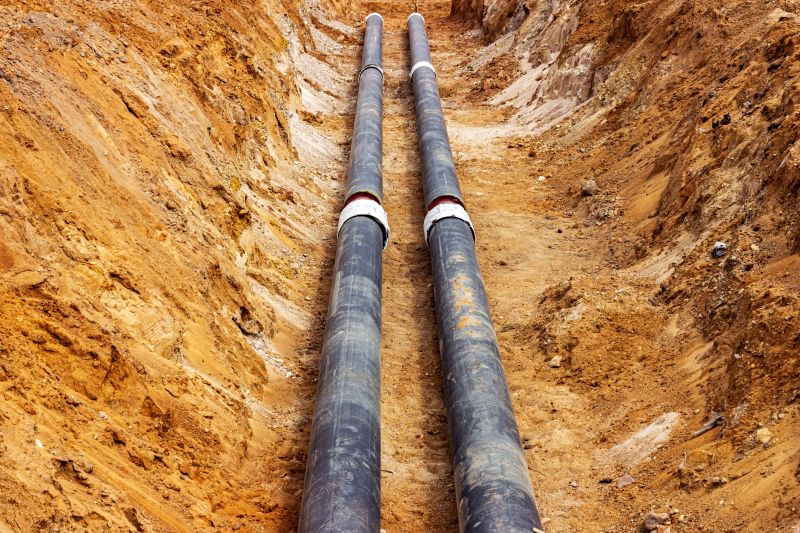
Little measurements that prevent headaches on Sewer Line Root Removals day.
Sewer line root removal involves extracting invasive roots that penetrate sewer pipes, which can cause blockages, backups, and structural damage. Roots are attracted to moisture and nutrients found in sewer lines, often growing into joints and cracks. Effective removal methods include mechanical snaking, chemical treatments, and high-pressure water jetting. Regular maintenance can prevent severe damage and extend the service life of sewer infrastructure.
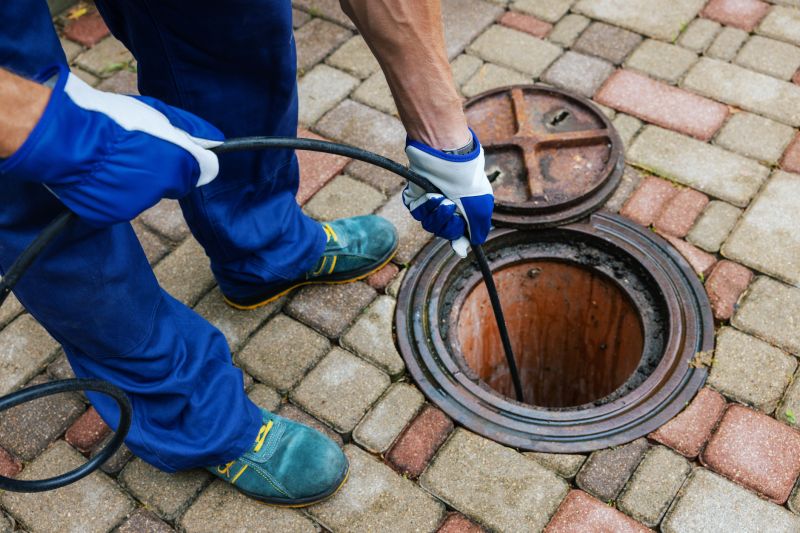
A 60-second routine that keeps Sewer Line Root Removals looking new.
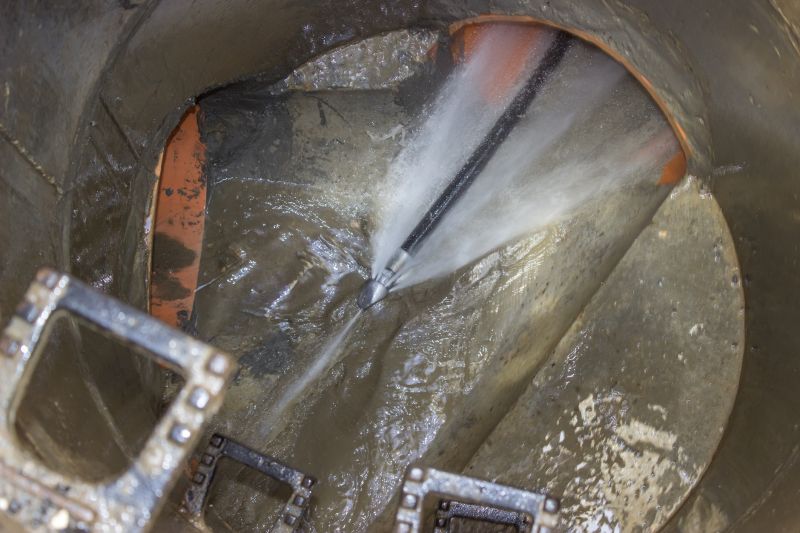
A frequent mistake in Sewer Line Root Removals and how to dodge it.
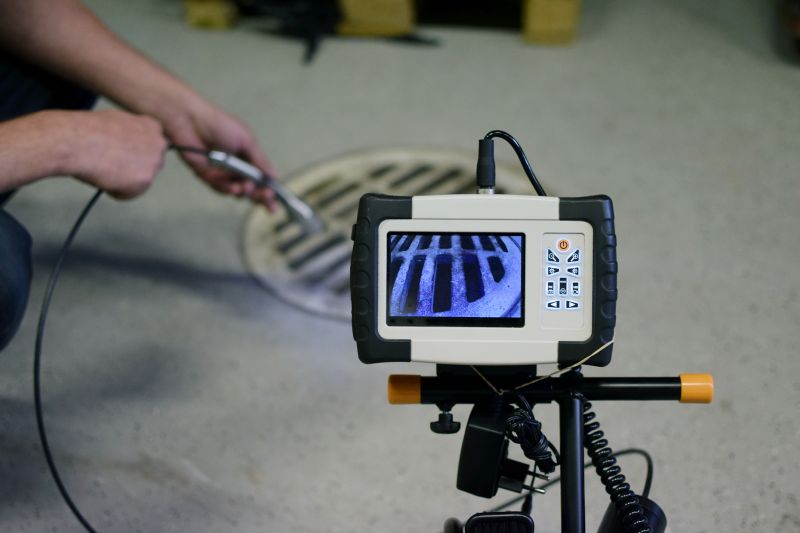
Small tweaks to make Sewer Line Root Removals safer and easier to use.
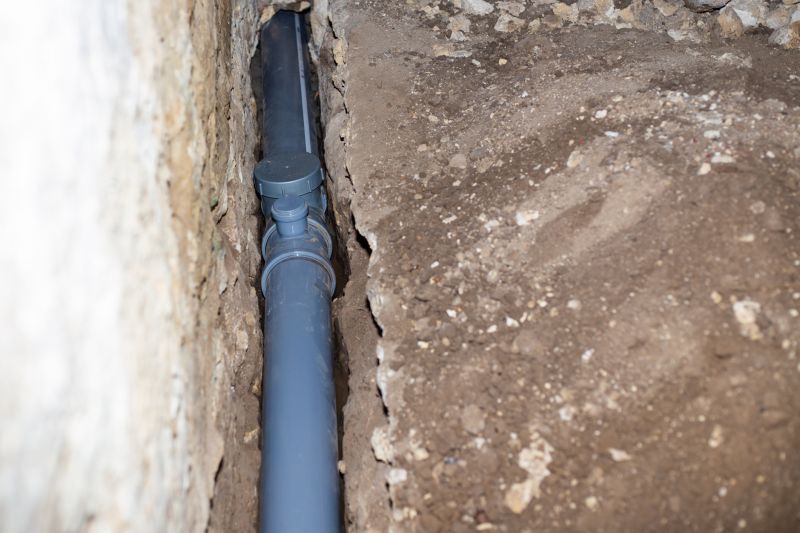
Lower-waste or water-saving choices for Sewer Line Root Removals.
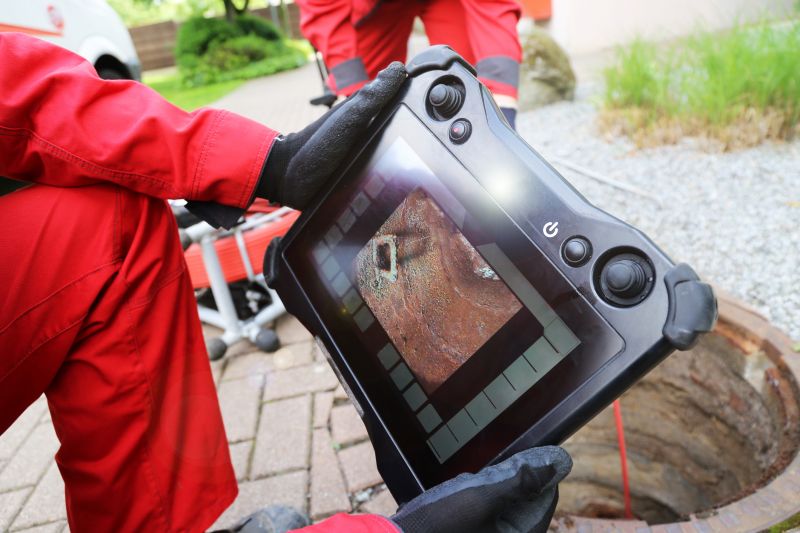
The short, realistic tool list for quality Sewer Line Root Removals.
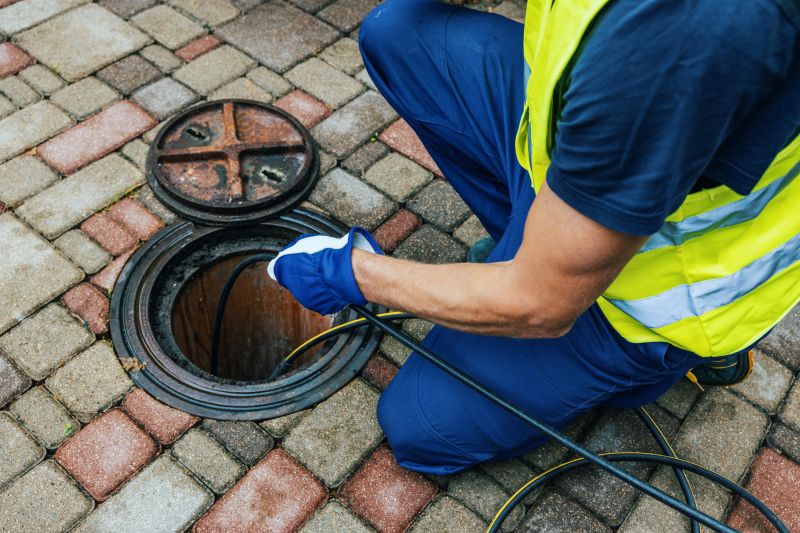
Rough timing from prep to clean-up for Sewer Line Root Removals.
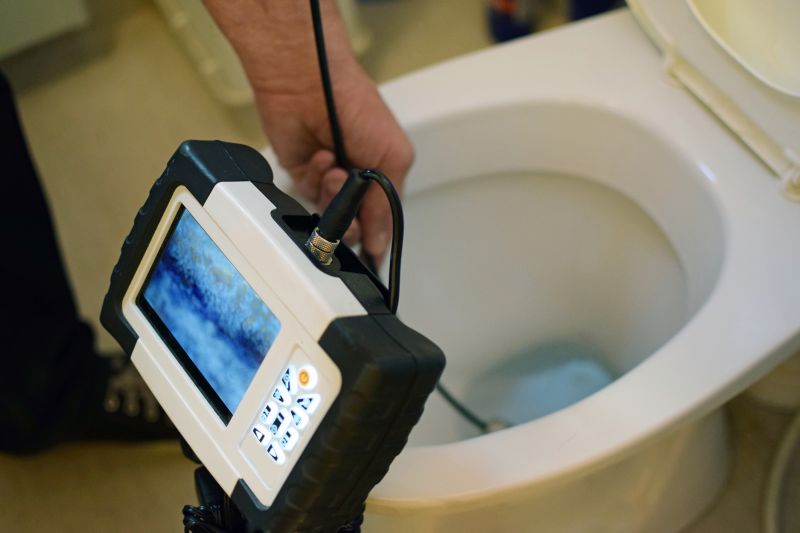
Quick checks and paperwork to keep after Sewer Line Root Removals.
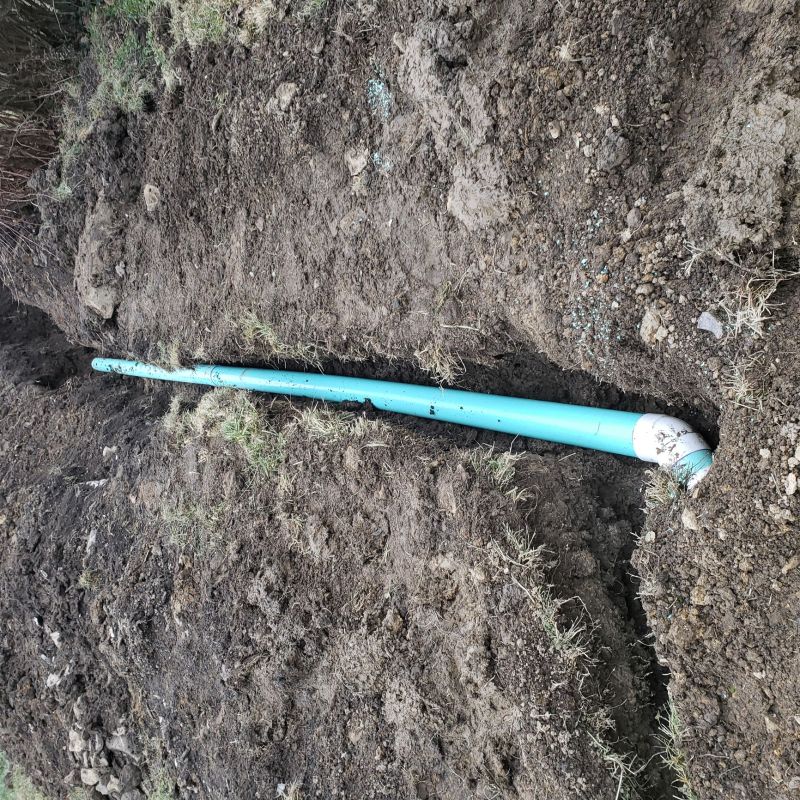
Examples that show the impact a good Sewer Line Root Removals can make.
| Timing Consideration | Recommended Season |
|---|---|
| Pre-summer growth | Spring |
| Post-heavy rainfall | Late Summer/Early Fall |
| Preventative maintenance | Any season, based on inspection |
| After storm damage | Immediately following weather events |
| Routine inspection | Annually or biannually |
Choosing the right time for sewer line root removal can minimize disruptions and maximize results. Regular inspections, especially in high-growth seasons, help identify root intrusion early. Proper timing also reduces the risk of severe blockages and pipe damage, ultimately saving costs and preventing emergencies.
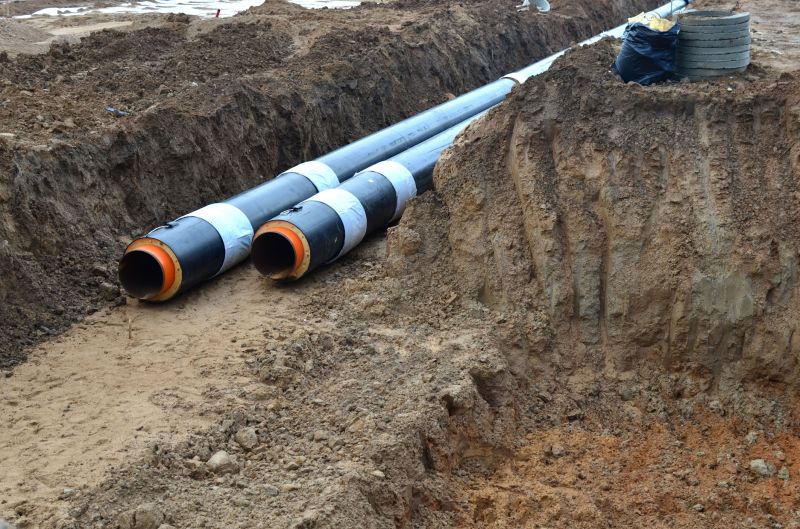
Ways to make Sewer Line Root Removals work in tight or awkward layouts.
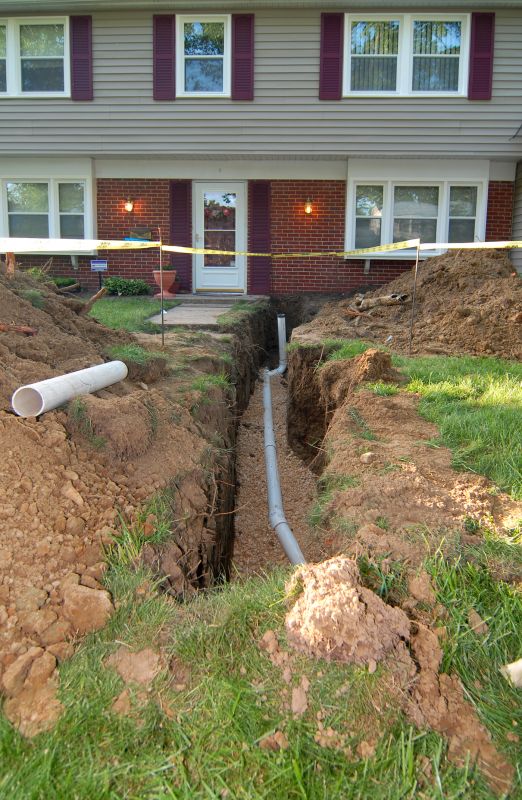
Ways to make Sewer Line Root Removals work in tight or awkward layouts.
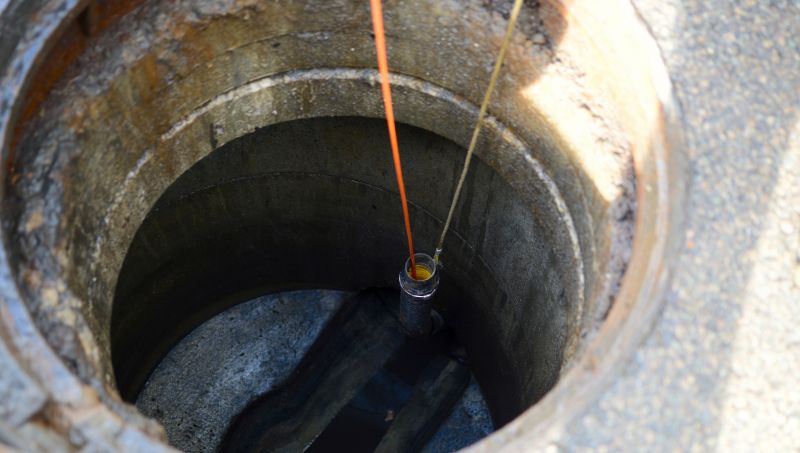
Ways to make Sewer Line Root Removals work in tight or awkward layouts.
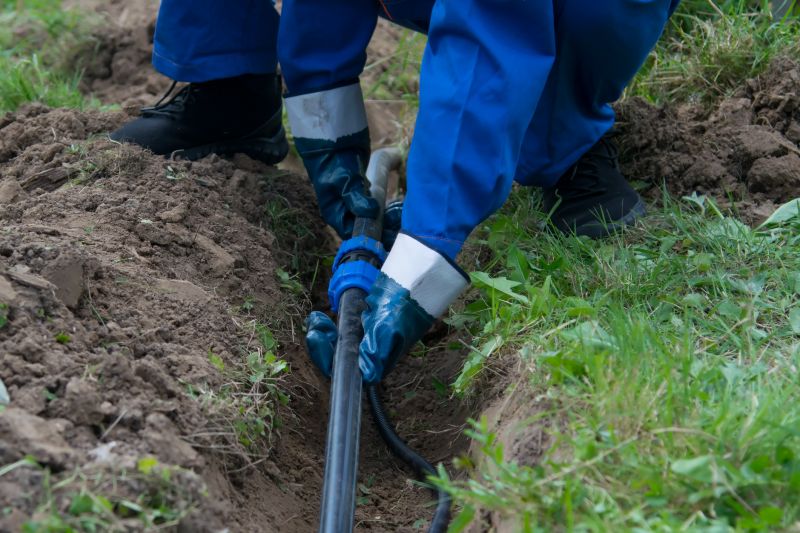
Ways to make Sewer Line Root Removals work in tight or awkward layouts.
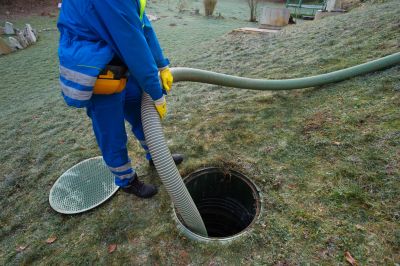
Ways to make Sewer Line Root Removals work in tight or awkward layouts.
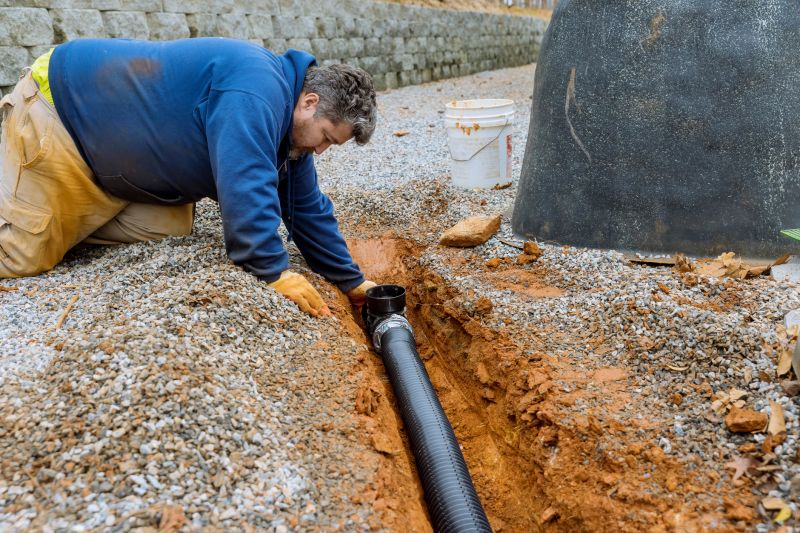
Ways to make Sewer Line Root Removals work in tight or awkward layouts.
Maintaining sewer lines through timely root removal is vital for consistent drainage performance. Early intervention prevents costly repairs and reduces the likelihood of emergency blockages. Regular maintenance schedules, aligned with seasonal considerations, ensure sewer systems remain functional and efficient.
Interested in scheduling sewer line root removals or learning more about maintenance options? Filling out the contact form can provide additional information and help plan a suitable service schedule.
